The annual conference of CALICO is our main event, and can be anytime from spring break to July, depending upon the available time of the host institution. Our conference typically lasts five days, and consists of hands-on workshops, plenary speakers, regular paper sessions, poster sessions and tech demonstrations, special interest group meetings, our awards ceremony, and social events. We typically meet face to face, but there are options for online participation, too.
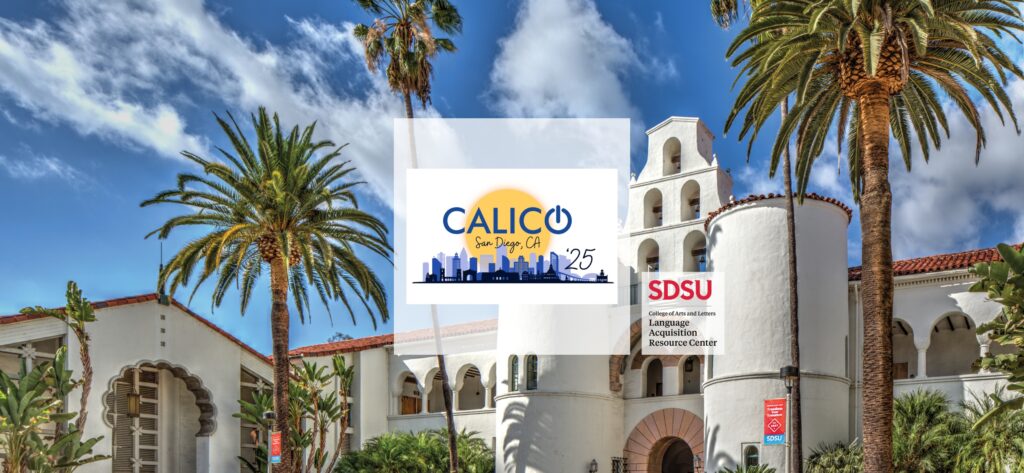
Upcoming conferences
- CALICO 2025. 27-31 May, San Diego State University, San Diego (CA). Local chairs: Mari Ocando Finol, Mat Schulze; program chairs: Mery Díez-Ortega, Oksana Vorobel.
- CALICO 2026. Miami University, Oxford (OH). Local chair: Daniel Meyers.
Past conferences
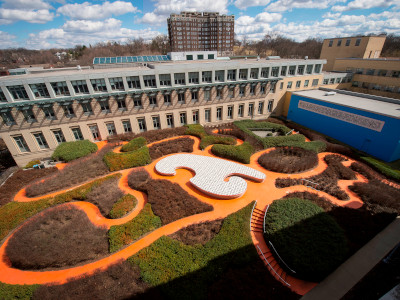
Carnegie Mellon University, Pittsburgh (PA)
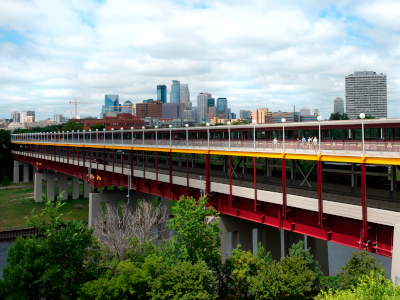
University of Minnesota, Minneapolis (MN)

Renaissance Seattle Hotel, Seattle (WA)
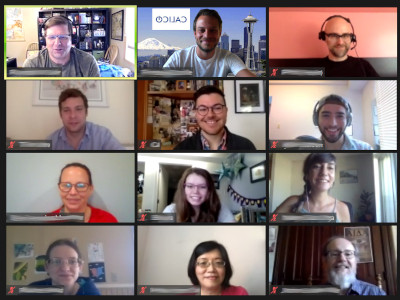
online

Delta Hotel, Montreal (Canada)
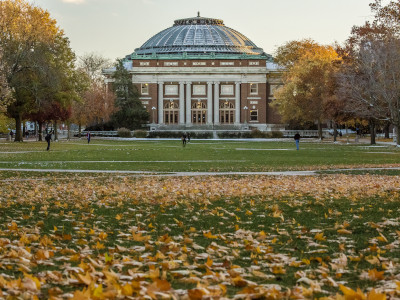
University of Illinois at Urbana-Champaign (IL)
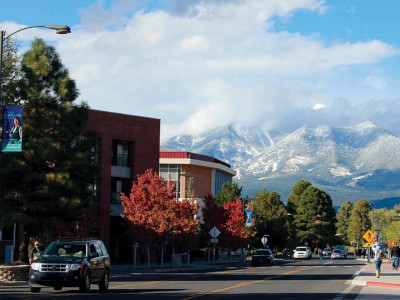
Northern Arizona University, Flagstaff (AZ)
- CALICO 2016: Evolving Interactions in Digital Language Learning. Michigan State University, East Lansing (MI)
- CALICO 2015: Places and Spaces: Redefining Language Learning. University of Colorado, Boulder (CO)
- CALICO 2014: Open, Online, Massive: The Future of Language Learning? Ohio University, Athens (OH)
- CALICO 2013: Navigating the Complexities of Language Learning in the Digital Age. University of Hawai`i at Manoa, Honolulu (HI)
- CALICO 2012: Open Education: Resources and Design for Language Learning. University of Notre Dame, Notre Dame (IN)
- CALICO 2011: Mediated Learning Communities. University of Victoria, Victoria (British Columbia)
- CALICO 2010: Enhancing Language Learning: Research, Innovation, and Evaluation in CALL. Amherst College, Amherst (MA)
- CALICO 2009: Language Learning in the Era of Ubiquitous Computing. Arizona State University, Tempe (AZ)
- CALICO 2008: Bridging CALL Communities. University of San Francisco, San Francisco (CA)
- CALICO 2007: The Many (Inter)Faces of CALL. Texas State University, San Marcos (TX)
- CALICO 2006: Online Learning: Come Ride the Wave. University of Hawai`i at Manoa, Honolulu (HI)
- CALICO 2005: CALL and the Year of Languages: Critical Needs. Michigan State University, East Lansing (MI)
- CALICO 2004: CALL: Focusing on the Learner. Carnegie Mellon University, Pittsburgh (PA)
- CALICO 2003: Collaborative CALL. University of Ottawa – Université d’Ottawa, Ottawa (Canada)
- CALICO 2002: Creating Virtual Language Learning Communities. University of California Davis, Davis (CA)
- CALICO 2001: Technologies for Language Learning: Using the Proven and Proving the New. University of Central Florida, Orlando (FL)
- CALICO 2000: Core Technologies: Impact on the Future. University of Arizona, Tucson (AZ)
- CALICO 1999: Advancing Language Learning Technologies into the New Millennium. Miami University, Oxford (OH)
- CALICO 1998: New Directions–New Perspectives. San Diego State University, San Diego (CA)
- CALICO 1997: Content! Content! Content! United States Military Academy, (West Point, NY)
- CALICO 1996: Distance Learning. University of New Mexico, Albuquerque (NM)
- CALICO 1995: Computers and Collaborative Learning. Middlebury College, Middlebury (VT)
- CALICO 1994: Human Factors. Northern Arizona University, Flagstaff (AZ)
- CALICO 1993 (August): Hungarian Ministry of Education, Budapest (Hungary)
- CALICO 1993 (March): Assessment. College of William and Mary, Williamsburg (VA)
- CALICO 1992 (August): Bridges: Technology and Language: The State of the Art. Maastricht (The Netherlands)
- CALICO 1992 (February): University of California, Monterey (CA)
- CALICO 1991: Radisson Hotel, Atlanta (GA)
- CALICO 1990: Baltimore (MD)
- CALICO 1989: United States Airforce Academy, Colorado Springs (CO)
- CALICO 1988: University of Utah, Salt Lake City (UT)
- CALICO 1987: Defense Language Institute, Monterey (CA)
- CALICO 1986: Naval Academy, Annapolis (MD)
- CALICO 1985: Baltimore (MD)
- CALICO 1984: Baltimore (MD)
